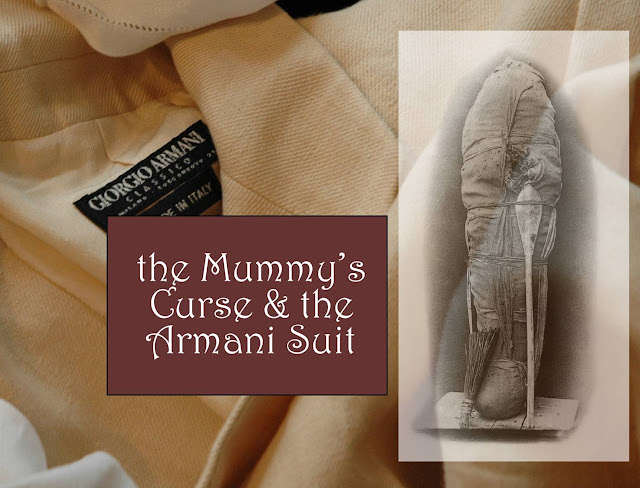The Prehistoric Invention of Snowmen
A Scapegoat, a Snowman Sacrifice
A very tiny girl, who says her name is Penelope, announces:
"I come from a place where doors and windows are aplenty; but I speak to you of an age before neither door nor window had come into being. I bring you a true tale of that time and open for you a doorway onto my ancestors.”
Voice of a silver haired man, slow and full to overflowing with gravel:
"Many years ago the ancestors followed the birds of the air and the beasts of the land, gathering the fruits of the earth as they moved from place to place. Life was good. The ancestors' numbers grew."
A silver haired woman speaks:
"Competition for fruits, beasts, and flying creatures increased as the ancestors and other tribes increasingly wandered the same hunting grounds. The ancestors faced the many, many ancestors of our enemies as their numbers also became greater. Wisely, the ancestors chose to avoid constant conflict and wander no more. They came here to our home land, the sacred land of our ancestors. A sacred land that
provides water, shelter, and fertile earth."
A younger voice, belonging to a child is heard:
"The ancestors made a covenant to honor our homeland, and each other. The ancestors no longer chased the savage beast. With the help of the noble oxen they carved the earth and planted fruits and grains."
A mother, surrounded by her children, now speaks:
"Many full years have circled, seasons unfolding, one onto the next. Food has been plentiful. Everyone has been happy. The snows of winter are gone and fresh shoots peek out from under foot. Nature offers the promise of a good cycle. Sadly, one year it is a false promise.
Something is different. Too little rain, too much rain. Too much sun, too little sun. Too hot, too cold. The harvest is smaller than expected. Mice eat the grain. The animals grow ill. When the snows come the ancestors do the best they can. Hunters return without game, or with very little. We struggle with hunger. Many of us are thin and weak. As the snows begin to melt we are at our lowest point. Several of our elders and some of our young do not survive the winter. The arrival of the new season of growth is bittersweet.
This cycle of seasons is no better than last and with fewer helping hands we must work harder to survive. Once the snows start to pile up it is clear there will not be enough food and many will perish. A search for answers begins, year after year, as this becomes an annual dilemma; a continual test, a yearly event.
We build a festival around our problem. Each of the solutions to our clan’s winter survival is fraught with complexity and consequences. To allow enough food to sustain the clan, we must select early in the winter those who will die. If all eat, the food will not last and all may starve before the snow again melts. One must die so many will live.
Our winter festival praises both our sacrifice and our gods. We appease one while we honor the spirit of our clansmen who will soon be gone. Our sacrifice is a king. What more worthy sacrifice than a king? We choose a Winter Festival King who will reign in short lived splendor. (This is where I could add the element of the king's sexual reward and consequent immortality for making his sacrifice. He is assuring the security of his offspring.) The king must die, long live the king.
The Winter Festival becomes an ingrained event. Many years have passed and the growing seasons turn good and the animals are healthy and plentiful. Perhaps our sacrifices have brought us fortune. Winter is still harsh, but death doesn't wait as he once did. Finally, one winter there are no clan members selected. But sacrifice we must. Instead, a changeling is made king and offered to the gods.
His reign is longer than his fleshy fore bearers. But like those he is changeling for, he will waste away, an offering to the gods in exchange for survival for the clan."
The children remain seated, as their mother rises and crosses the room to a doorway which has just appeared in a black wall. Through this doorway we can see that snow is falling. She beckons them to come to the doorway, saying, "So long as our Winter Festival is celebrated with the making of our winter king and his withering away into the nether lands, we shall survive. Go my little loves and find our wintry king: The Snowman."
We join the mother as she watches her children through the doorway. They form three, fine, firm balls of varied diameter from the snow and stack them on top of one another, largest at the base and smallest on top. A trinity of spheroids, representing a catalog of humanities threefold states of being: a body/base/Earthliness, a soul/heart/passion, and head/mind/vision.
A very tiny girl, who says her name is Penelope, speaks again:
“There's Always Next Year's Snowman. May it be.”
Sandy Kinnee March 30, 2004





Comments
Post a Comment